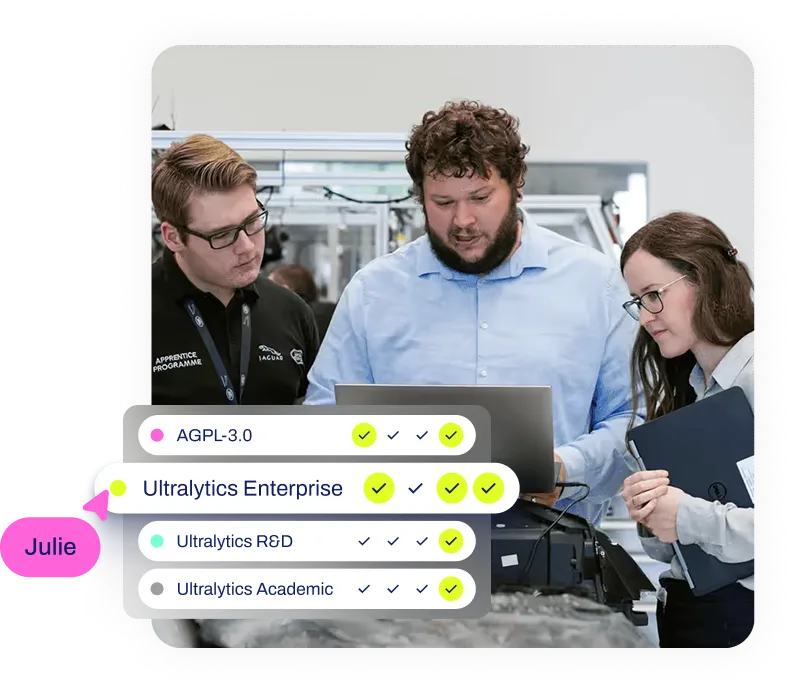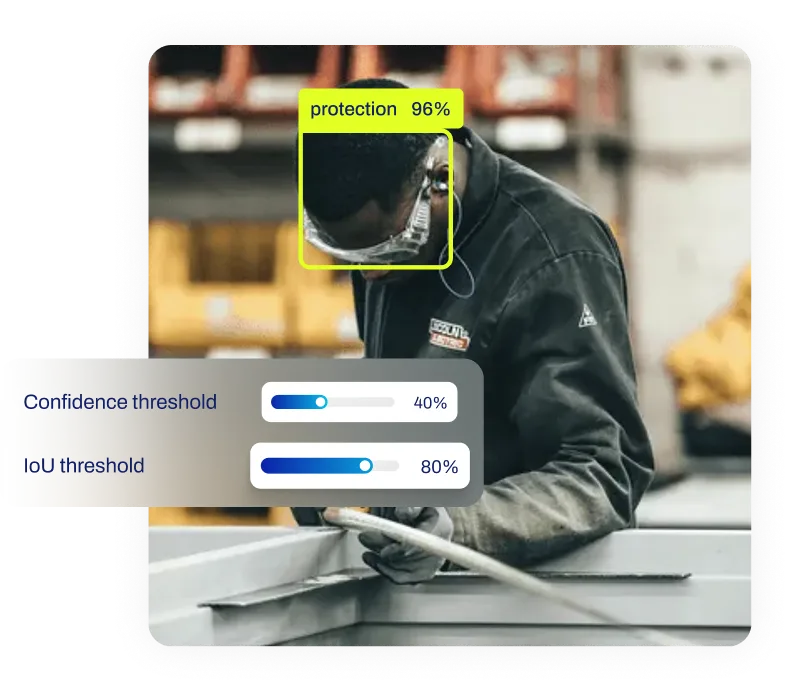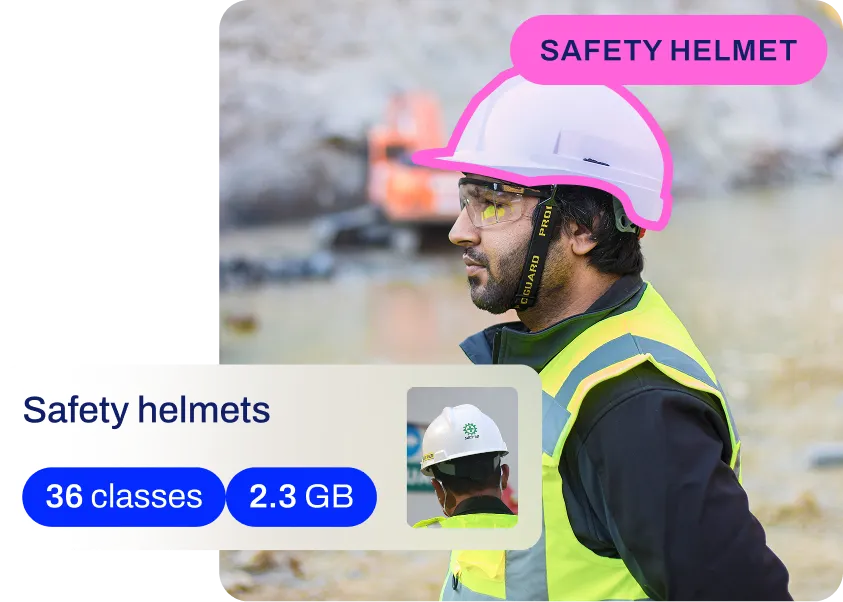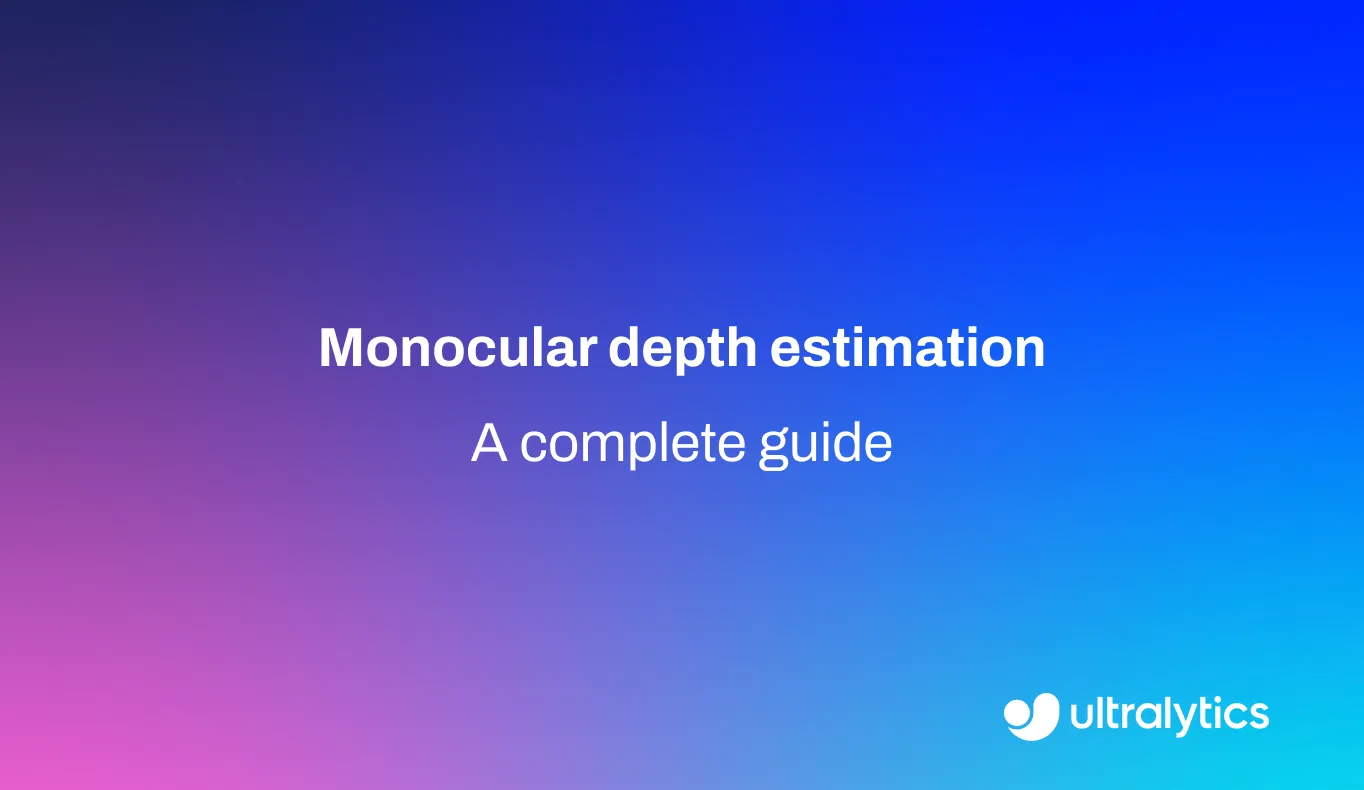TensorFlow
Explore TensorFlow's core concepts, architecture, and ecosystem. Learn how to export Ultralytics YOLO26 models for seamless deployment to TFLite, JS, and more.
TensorFlow is a comprehensive open-source software library for
machine learning (ML) and
artificial intelligence (AI), originally
developed by the Google Brain team. It serves as a foundational platform that enables developers to build, train, and
deploy sophisticated deep learning models. While it is widely used for creating large-scale neural networks, its
flexible architecture allows it to run on a variety of platforms, from powerful cloud servers and
Graphics Processing Units (GPUs) to
mobile devices and edge computing systems. This versatility makes it a critical tool for industries ranging from
healthcare and finance to automotive engineering.
Core Concepts and Architecture
The framework derives its name from "tensors," which are multi-dimensional arrays of data that flow through
a computational graph. This graph-based approach allows TensorFlow to manage complex mathematical operations
efficiently.
-
Computational Graphs: TensorFlow traditionally utilizes a dataflow graph to represent computations.
Nodes in the graph represent mathematical operations, while the edges represent the multidimensional data arrays
(tensors) communicated between them. This structure is excellent for
distributed training across multiple
processors.
-
Keras Integration: Modern versions of the framework tightly integrate with
Keras, a high-level API designed for human beings, not
machines. Keras simplifies the process of building
neural networks (NN) by abstracting much of the
low-level complexity, making it easier for newcomers to prototype models.
-
Eager Execution: Unlike its earlier versions which relied heavily on static graphs, newer
iterations default to eager execution. This allows operations to be evaluated immediately, which simplifies
debugging and makes the coding experience more intuitive, similar to standard
Python programming.
Real-World Applications
TensorFlow is instrumental in powering many technologies that impact daily life and industrial operations.
-
Image Classification and Object Detection: It is extensively used to train
Convolutional Neural Networks (CNNs)
for identifying objects within images. For instance, in
medical image analysis, models built on
this framework can assist radiologists by detecting anomalies like tumors in X-rays or MRI scans with high accuracy.
-
Natural Language Processing (NLP): Many
Large Language Models (LLMs) and
translation services rely on TensorFlow to process and generate human language. It powers applications like voice
assistants and sentiment analysis tools that
help companies understand customer feedback by interpreting text data at scale.
Comparison with PyTorch
While both are dominant frameworks in the AI landscape, TensorFlow differs significantly from
PyTorch. PyTorch is often favored in academic research for
its dynamic computational graph, which allows for on-the-fly changes to the network structure. In contrast, TensorFlow
has historically been preferred for
model deployment in production environments due to
its robust ecosystem, including TensorFlow Serving and
TensorFlow Lite for mobile. However, modern updates have brought the two frameworks closer in terms of usability and
features.
Integration with Ultralytics
Ultralytics models, such as the state-of-the-art YOLO26, are
built using PyTorch but offer seamless interoperability with the TensorFlow ecosystem. This is achieved through export
modes that allow users to convert trained YOLO models into formats compatible with Google's framework, such as
SavedModel, TF.js, or TFLite. This flexibility ensures that users can train on the
Ultralytics Platform and deploy to devices that require specific
formats.
The following example demonstrates how to export a YOLO26 model to a format compatible with this ecosystem:
from ultralytics import YOLO
# Load the YOLO26 model
model = YOLO("yolo26n.pt")
# Export the model to TensorFlow SavedModel format
# This creates a directory containing the model assets
model.export(format="saved_model")
Related Tools and Ecosystem
The framework is supported by a rich suite of tools designed to manage the entire
machine learning operations (MLOps)
lifecycle:
-
TensorBoard: A powerful visualization toolkit that helps researchers track metrics like
loss functions and accuracy during training. It
provides a graphical interface to inspect model graphs and debug performance issues. You can use the
TensorBoard integration with Ultralytics to
visualize your YOLO training runs.
-
TensorFlow Lite: A lightweight solution designed specifically for
edge AI and mobile deployment. It optimizes models to run
efficiently on devices with limited power and memory, such as smartphones and microcontrollers.
-
TensorFlow.js: This library enables ML models to run directly in the browser or on Node.js. It
allows for client-side inference, meaning data does not
need to be sent to a server, enhancing privacy and reducing latency.
-
TFX (TensorFlow Extended): An end-to-end platform for deploying production pipelines. It helps
automate data validation, model training, and serving,
ensuring scalable and reliable AI applications.










.webp)